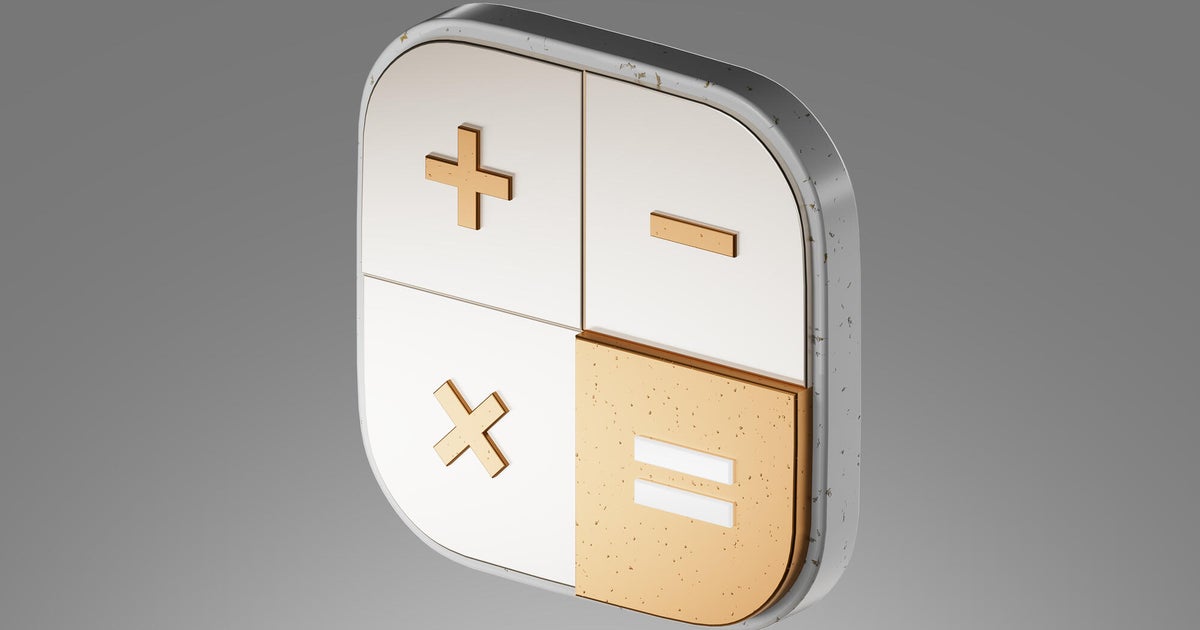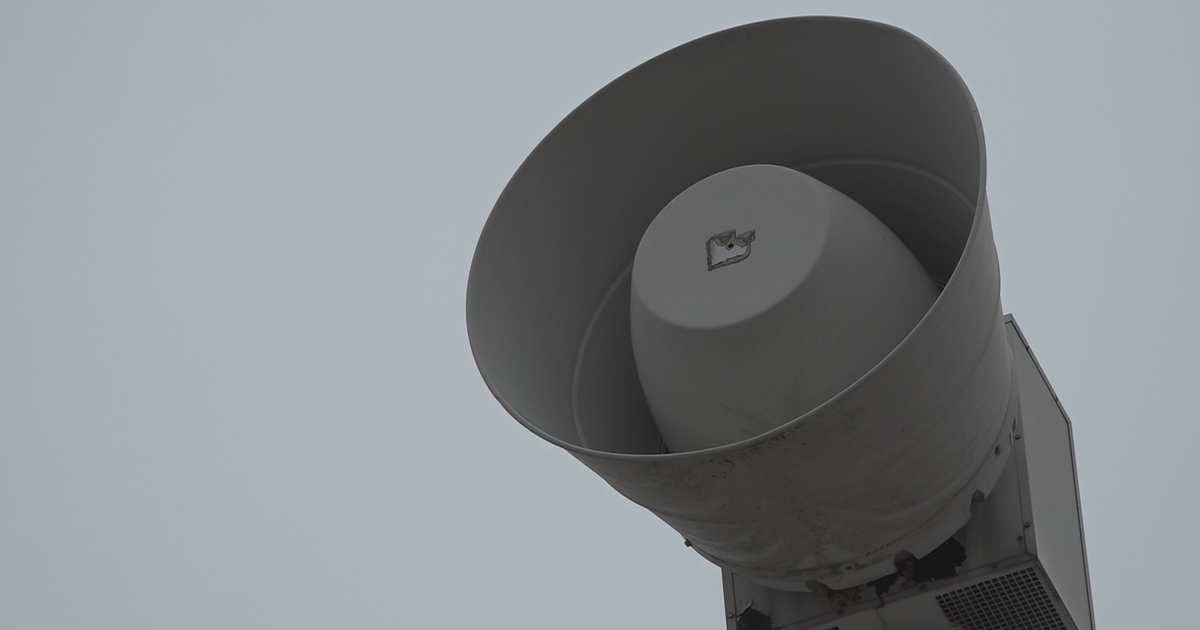Are medical alerts worth it for seniors? Here's what experts say
With inflation and interest rates high, it's important to be careful about where you spend your money. This is particularly true for older Americans, who are often working with very limited income.
Still, if you're in this age group, some new purchases may be worth it — particularly when they come to your health.
Medical alert systems, for instance, typically cost anywhere from $20 to $30 per month, but they also have many valuable benefits, according to medical professionals. Should you consider investing in one for yourself or a loved one? Below, we'll break down what to consider.
Start by getting a fast and easy free price quote from Medical Guardian so you know what to expect.
What are medical alert systems?
Medical alert systems come in many forms, but the main goal is to connect you with medical help should an emergency occur.
"These systems typically consist of a wearable device, such as a pendant or wristband, and a base station or console connected to a monitoring center," says Tino Popescu, a board-certified advanced practice registered nurse and vice president of clinical services at Maplewood Senior Living and Inspir Senior Living. "When the user presses the button on the wearable device, it sends a signal to the base station, which then connects them to a trained operator at the monitoring center."
From there, the operator assesses the situation and contacts the appropriate help. This might include local EMT services or a designated caregiver or family member.
When medical alert systems are worth it for seniors
For some seniors, there are significant benefits to having a medical alert system, according to medical professionals.
"As a physician, I have seen firsthand the significance of medical alert systems for older adults," says Dr. Shosana Ungeleider, an internal medicine physician at Crossover Health in San Francisco.
Specifically, you might want to consider a medical alert system if:
You live alone
Living alone is a risk as you age. Should an emergency occur, you'd need to call 911 or reach out to a friend or family member for help.
Medical alert systems offer an alternative. These systems connect you to a live person with just the push of a button, so if you can't find your phone (or physically get to it), they can ensure you get the help you need as quickly as possible.
"These systems are great for seniors living alone with limited mobility," says Dr. Laura Purdy, a board-certified family medicine doctor and medical director for various telehealth providers. "They provide swift help that alert authorities immediately without needing to locate anyone's phone first and dial 911 themselves."
You have a chronic or serious medical condition
If you have a health condition that is chronic or could potentially result in a life-threatening emergency, medical alert systems are also smart to consider.
According to Dr. Dung Trinh, chief medical officer at the Healthy Brain Clinic, these conditions might include heart disease, diabetes or respiratory disorders.
"Medical alert systems can help ensure that seniors receive timely medical attention when needed," Trinh says. "Whether it's contacting emergency services, notifying family members, or reaching out to a designated caregiver, these systems facilitate quick communication and action."
You're at risk for falls
Some medical alert systems can also detect falls, so if you have a physical disability or just have trouble getting around, they can also be smart.
"If a senior has a history of falls or experiences balance issues, a medical alert system with fall detection can be particularly beneficial, as it can automatically trigger an alert even if they are unable to activate the button," Trinh says. "It can be particularly valuable for seniors who are at a higher risk of falls and may not be able to call for help themselves."
You might also consider a medical alert system if you've just had surgery and are recovering or are on pain medicine, as this could make you more prone to falls as well.
When medical alerts for seniors aren't worth it
Medical alert systems do have costs — typically an upfront fee to purchase the device and then an ongoing, monthly fee to connect you to a monitoring center. Though these costs may be worth it for seniors in the above situations, they're not for everyone, experts say.
You may want to skip the alert system if:
- You're healthy overall, with no current medical concerns or injuries
- You have a live-in partner, family member or caregiver
- You will have trouble remembering to wear the device
- You are out of the house or travel often
That last one is important, Popescu says, as "Some medical alert systems have a limited range within which the wearable device can communicate with the base station. This can be a drawback for seniors who have larger homes or spend time outside the range of the system."
Check with your insurance
If you're not sure whether a medical alert system is right for you, talk to your doctor. And if you do opt to purchase one, make sure to check with your insurance provider first. Some plans — including some Medicare options — may cover all or a portion of your medical alert system's costs. There are also other ways to get free or discounted medical alert systems, so be sure to do your research. Get protected with a medical alert system here now!




